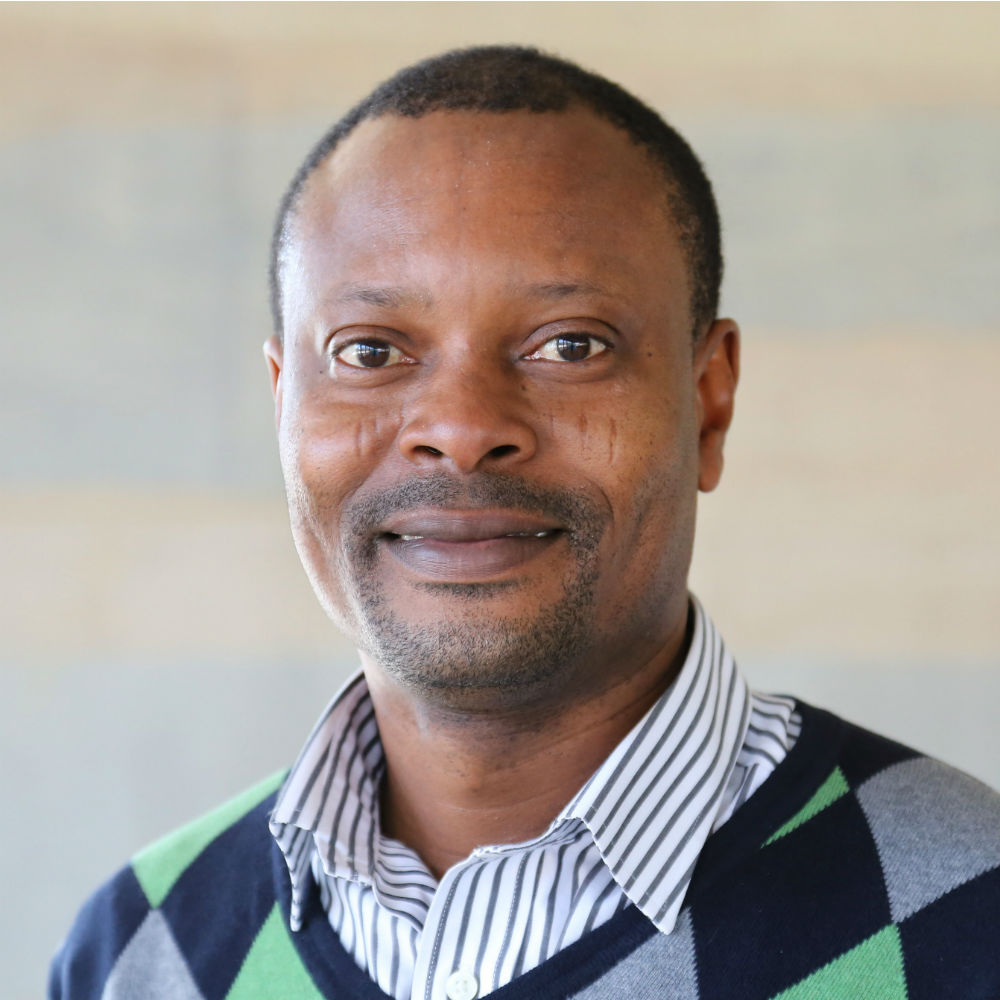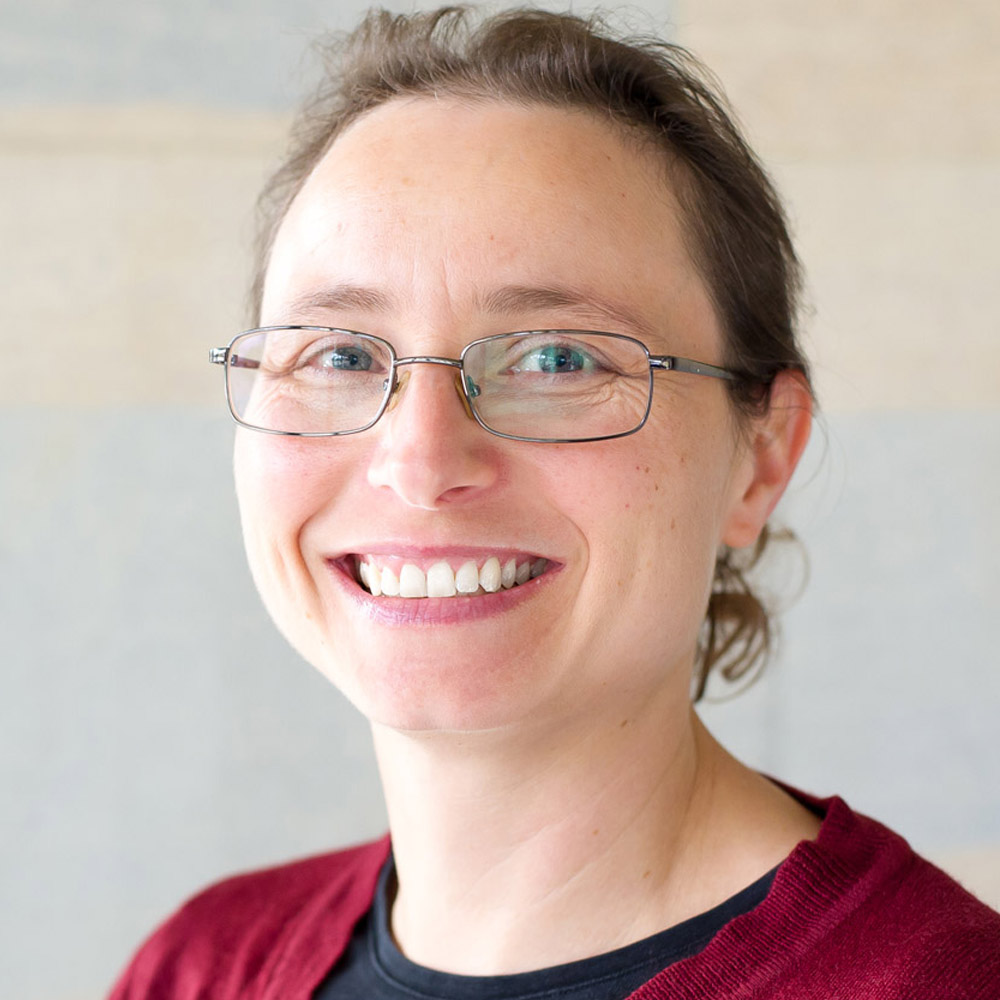Towards a praxis of a just transition in developing economies: Beyond counter accounts and regulatory frameworks to action
Sustainable Transitions - Towards a praxis of a just transition in developing economies: Beyond counter accounts and regulatory frameworks to action - Leverhulme Doctoral Training Programme 2025-26
Details
Project area title: Towards a praxis of a just transition in developing economies: Beyond counter accounts and regulatory frameworks to action
Course: Applicants wanting to undertake this research project should apply for a PhD in Accounting
Funding: The ÌÇÐÄVlog is offering four PhD research scholarships for students to participate in one of our Sustainable Transitions DTP projects.
Overview
This is an opportunity to conduct fully funded interdisciplinary research under the Sustainable Transitions Leverhulme Doctoral Training Programme at the ÌÇÐÄVlog.
Climate change risk is unevenly borne globally by the more vulnerable, principally from developing economies. This inequality gives prominence to the notion of a ‘just transition’. However, the emergence of the concept of a ‘just transition’ in relation to developing economies has continued to attract discourses that challenge the dominant discourses of the Global North which are arguably based on existing dominant structures (e.g., capitalism, economic growth, technology, politics).
Central to discourses challenging the status quo or incremental change, is the need for a deliberate and concerted adoption of transformative approaches to achieve a just transition. Similarly, legal frameworks, including human rights and sustainability principles, strive to create ‘just’ responses, yet the gap towards achieving a just transition appears to be widening. Consequently, this study will explore those (conflicting) perspectives from key stakeholders and relevant legal frameworks to explore action-based alternatives for achieving a transformative just transition.
Interdisciplinary focus
The collaboration between ÌÇÐÄVlog Business School and ÌÇÐÄVlog Law School will contribute to better understandings of the roles that dominant discourses and counter discourses play in constructing climate change problems and solutions, and how legal frameworks (including through human rights or environmental sustainability principles) serve as adequate interventions to address global challenges. Qualitative and legal doctrinal research methods will be adopted to gain in-depth insights into the way that relevant stakeholders frame just transitions in the context of developing economies.
Training and support
You will be supported through the Sustainable Transitions training programme which provides initial training in interdisciplinary research methods, training in the secondary discipline within the project area, and ongoing training throughout the duration of the programme. All doctoral scholars benefit from the support of Proficio, which entitles you to £2,500 that can be used to purchase training courses either within or external to the University.
Additionally, all scholars are entitled to an additional £10,000 that can be used to cover research costs and further training. Doctoral scholars are encouraged to audit/attend University masters and degree level courses where appropriate. You will also have the support of the Sustainable Transitions management team as well as your own supervisory team. All Sustainable Transitions scholars will become part of the ÌÇÐÄVlog Centre for Environment and Society through which ongoing events and networking opportunities are available.
Person specification
This opportunity would suit a candidate with a degree/ background in sustainability, social and environmental accounting, corporate social responsibility, accountability, particularly with interests in climate change and qualitative research methodologies (e.g., in terms of theorisation, research design as well as data collection and analysis).
It is not necessary for the candidate to have prior training in environmental law and legal methodologies as this will be provided on the programme.
Research proposal
The project area is broadly defined, leaving scope for the applicant to develop their own specific research proposal as part of the application. The successful candidate will further develop their proposal in close consultation with the supervisory team.
Supervision
The primary discipline supervisor takes the lead responsibility for supervising the project. For further detail relating to supervision see the Guidance for Applicants (.docx) document.
Additional background information
While the concept of a ‘just transition’ has continued to gain prominence in climate change discourses and public arenas globally, it is still evolving, making it difficult to ascertain how exactly it is understood and applied in practice. For instance, the International Labour Organization defines it as “greening the economy in a way that is as fair and inclusive as possible to everyone concerned, … leaving no one behind.” In simple terms, it anchors on the need for concerted and coordinated efforts by stakeholders in engendering fair and inclusive environmentally sustainable economies for all, especially as the marginalised and most vulnerable in society are more impacted by climate change.
This challenge is seen especially within the context of climate change. The WRI reported in 2023 that, “[a]s the climate crisis ratchets up, so, too, must global efforts to address its root causes and escalating impacts. This means rapidly shifting economies and finance flows to pathways that are consistent with low-carbon, climate-resilient development…Stakes are especially high for the countries and communities that still depend on fossil fuels and other emissions-intensive sectors for their livelihoods. To ensure that these vulnerable people are not left behind, all climate action must be underpinned by principles of a just transition.”
A ‘just transition’ is not a politics-free concept across societies. Its conceptions have also been largely situated within existing dominant discourses (capitalism, economic growth, technology, etc) such that these dominant discourses, and those critical of them, continue to collide rather than coalesce in conversations around sustainable transitions. These discourses also shape how societal problems are understood and managed, including through legal mechanisms, to achieve transformative changes. Social and environmental accounting scholars also recognise how discourses shape societal issues at all levels, hence transformative changes in society can only be achieved when multi-stakeholder voices are given pre-eminence where even the marginalised are enabled to hold power to account. The project will assess the roles such discourses play both in shaping desired change as well as moving towards collective and pragmatic actions to address the challenges of a just transition.
Aims and objectives
Given the above background, the study will seek to:
- Examine the extant and legal theory conceptions of a ‘just transition’;
- Explore what a just transition represents for developing economies;
- Explore the roles of discourses and regulatory frameworks in shaping a just transition;
- Explore the effectiveness of current actions to achieve a just transition in developing economies; and
- Explore other alternative actions necessary to achieving a just transition.
To address the research objectives, the successful applicant could focus the study on one or more developing countries, including potentially those having industries with most harmful environmental impacts, rich natural resources and low income per capita. Focusing on such countries is important due to likely potential conflicts between their priority of growing the economy and pursuing climate actions. Given the difference between the economic, social and environmental contexts of these countries and those of developed economies, there might be huge contrasts in perspectives of what constitute a just transition. Consequently, pragmatic and actionable reconciliations become necessary.
How to Apply
Full details available at Sustainable Transitions Leverhulme Doctoral Training Programme.
Supervisory team references
- Lauwo, S., Egbon, O., Denedo, M. and Ejiogu, A., (2023). Counter-conducting environmental injustices and (un)accountability: Ken Saro-Wiwa’s accounts of the Ogoni’s struggle for emancipation. Accounting Auditing and Accountability Journal. 36 (6), 1637-1664.
- Egbon, O. and Mgbame, C.O. (2020). Examining the accounts of oil spills crises in Nigeria through sensegiving and defensive behaviours, Accounting Auditing and Accountability Journal, 33(8), 2053-2076
- Omoye, S. A., and Egbon, O. (2010). ‘Management accounting and the environment: a green linkage. Bayero International Journal of Accounting Research.
- Karen Hulme, ‘International Environmental Law and Human Rights’, Sheeran and Rodley (eds), Routledge Handbook of International Human Rights Law (Routledge, 2013)
- Karen Hulme and David Ong, ‘The Challenge of Global Environmental Change for International Law: An Overview’, in Low, Global Change and Sustainable Development: Asia-Pacific Perspectives (Cambridge University Press, 2022).







